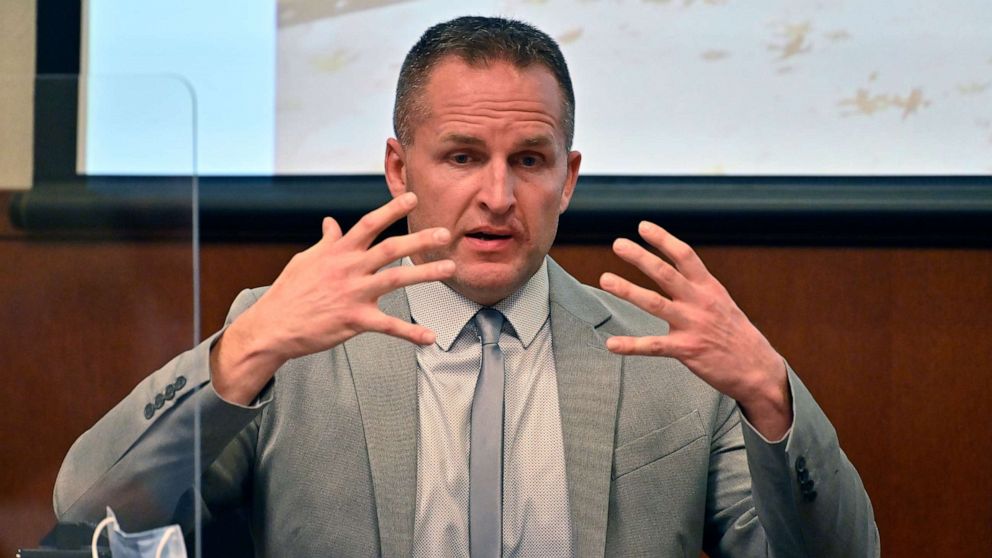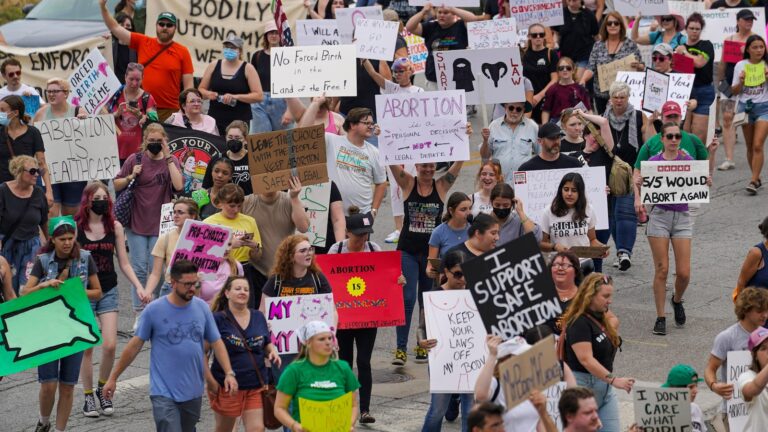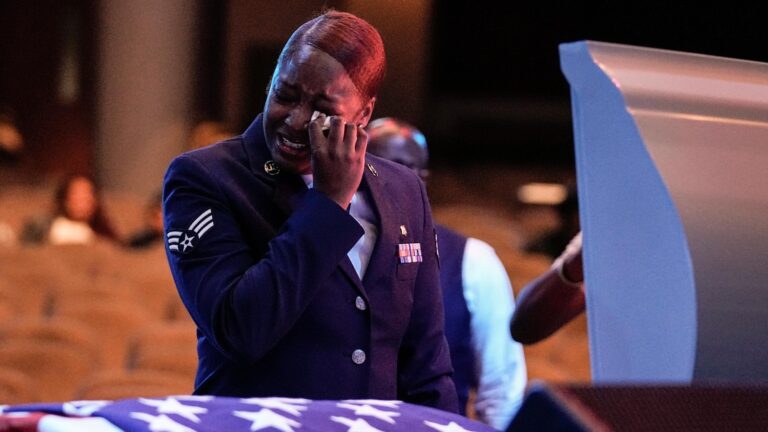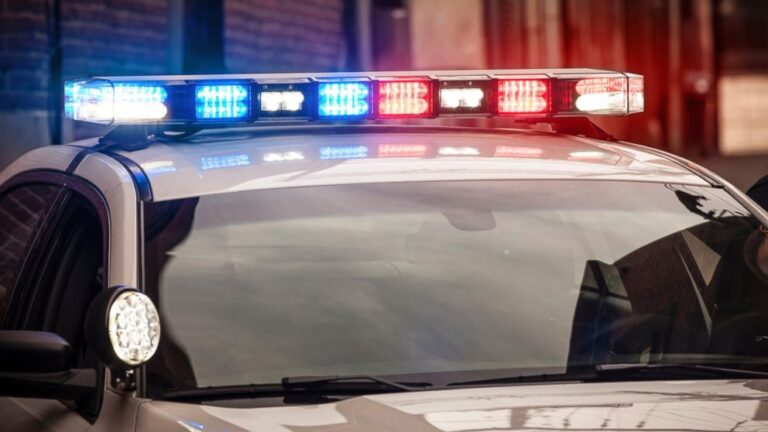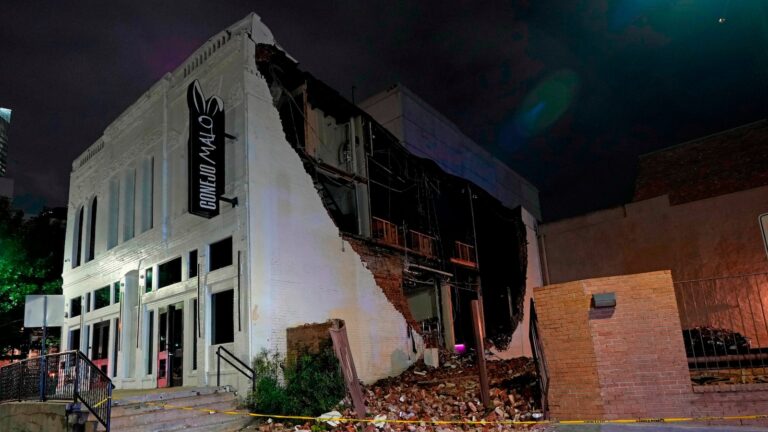Judge in Breonna Taylor case denies ex-officer’s alleged prior misdeeds as evidence
In a controversial decision, the judge presiding over the case of Breonna Taylor has denied the admission of alleged prior misdeeds by one of the ex-police officers involved in her shooting as evidence. The ruling has sparked outrage and raised questions about the fairness of the judicial process in cases involving police misconduct.
The case of Breonna Taylor, a 26-year-old Black woman who was fatally shot by police officers during a botched raid on her apartment in Louisville, Kentucky, has become a focal point in the ongoing national debate over police brutality and racial injustice. One of the officers involved in the shooting, Brett Hankison, has been charged with wanton endangerment for firing into neighboring apartments during the raid, but no charges have been filed in connection with Taylor’s death.
In an effort to establish a pattern of misconduct on the part of Hankison, prosecutors sought to introduce evidence of alleged prior misdeeds by the ex-officer, including accusations of sexual assault and planting drugs on suspects. However, the judge in the case, Jefferson Circuit Judge Annie O’Connell, ruled that the evidence was not relevant to the charges against Hankison and therefore could not be admitted.
The decision has been met with criticism from advocates for police accountability, who argue that Hankison’s alleged prior misconduct is crucial to understanding his actions in the shooting of Breonna Taylor. They argue that a history of misconduct on the part of law enforcement officers can provide important context for assessing their behavior in high-pressure situations.
On the other hand, the judge’s ruling has been defended by legal experts who argue that allowing evidence of prior misconduct to be introduced in court could unfairly prejudice the jury against the defendant. They contend that the focus should remain on the specific charges at hand and that introducing evidence of unrelated misconduct could distract from the central issues in the case.
Regardless of the legal arguments, the judge’s decision highlights the difficulties in holding police officers accountable for their actions, particularly in cases involving allegations of misconduct. The lack of transparency and accountability in law enforcement agencies can make it challenging to establish a pattern of misconduct on the part of individual officers, making it harder to bring them to justice for their actions.
As the case of Breonna Taylor continues to unfold, it serves as a stark reminder of the systemic issues that plague the criminal justice system and the challenges faced by those seeking justice for victims of police violence. The judge’s ruling in this case may have denied the admission of alleged prior misdeeds as evidence, but it has also raised important questions about the fairness and transparency of the judicial process in cases involving police misconduct.
